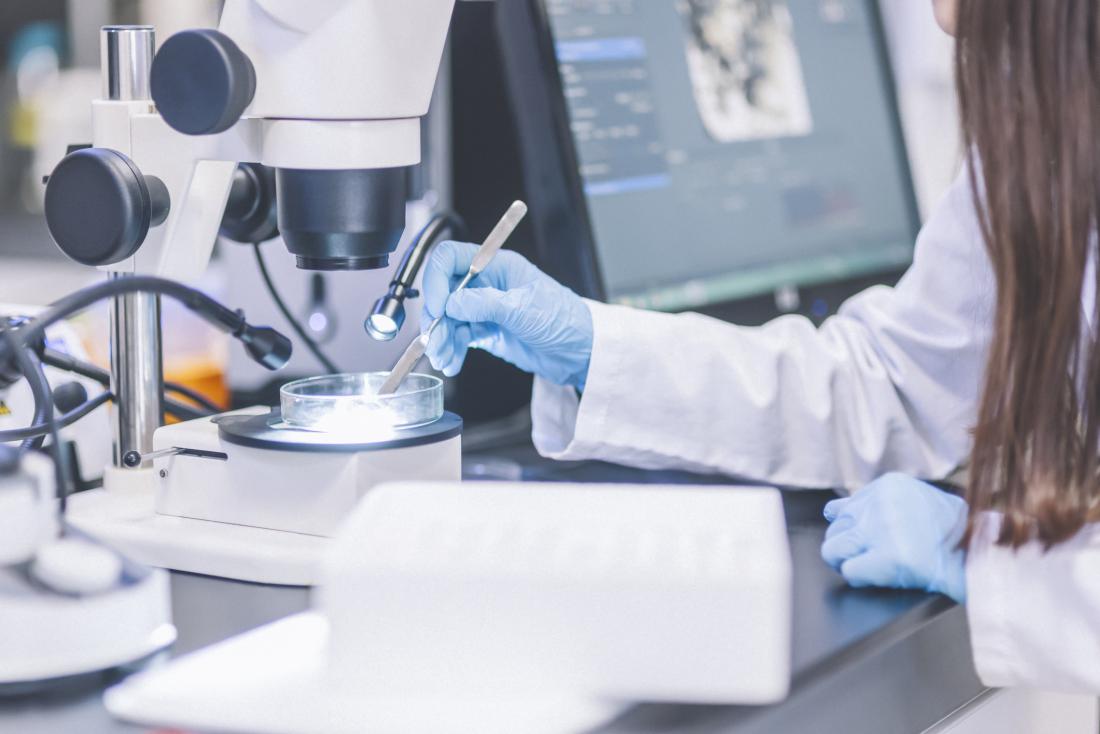Immune system pathway may be key to Crohn's disease treatment

Treatment options for Crohn's disease tend to focus on symptom control, but new research highlights a potential treatment option that targets a pathway in the immune system itself.
Scientists at Case Western Reserve University School of Medicine in Cleveland, OH, have published the results of their 3 year study in the journal Cellular and Molecular Gastroenterology and Hepatology.
Crohn's disease is a type of inflammatory bowel disease (IBD) that causes chronic inflammation of the gastrointestinal tract.
Current treatment options help alleviate symptoms and manage remission, but scientists are still researching targeted treatment.
The new study focused on just that. It investigated the chronic inflammation that people genetically prone to Crohn's disease often experience.
Dr. Fabio Cominelli, chief of gastroenterology at University Hospitals Cleveland Medical Center, led the study.
A type of protein called tumor necrosis factor — or tumor necrosis factor-like weak inducer of apoptosis (TWEAK) — interacts with receptors called Fn14 on the surface of the intestine.
This study used mouse models to look at the interaction between the two. The researchers were interested to see if this interplay has a role in protecting the intestine, and whether or not it was also able to trigger inflammation.
Research showed promise for humans
For the study, the researchers used genetically engineered mice with a Crohn's-like condition. The researchers deleted Fn14 receptors in these mice.
Those without receptors experienced less severe inflammation, while those with Fn14 receptors had chronic, ongoing inflammation. The latter group also experienced scarring.
"During early inflammation, TWEAK/Fn14 activates to heal tissue damage," explains Dr. Cominelli. "However, during later, chronic inflammation, increased and persistent levels of Fn14 may lead to pathologic inflammation and fibrosis."
Although this was an important finding, the results may not have necessarily translated to humans.
So, Dr. Cominelli and team set out to use molecular diagnostics to examine intestinal tissue from people with and without IBD.
They found that the interaction between TWEAK and Fn14 was overexpressed in people with Crohn's.
